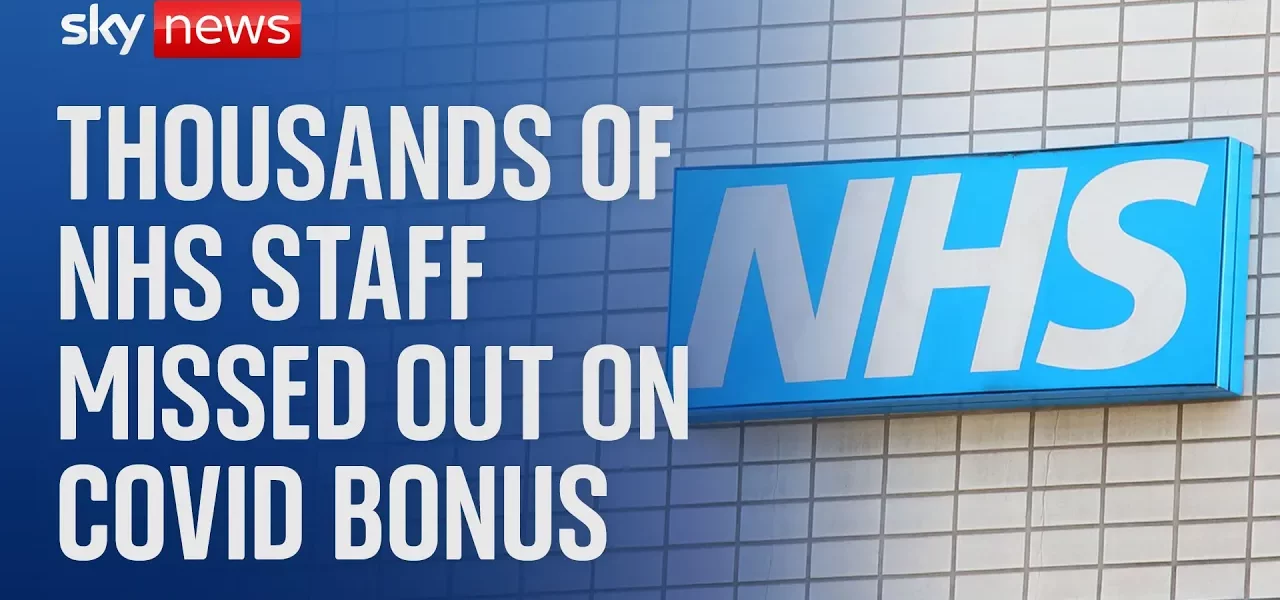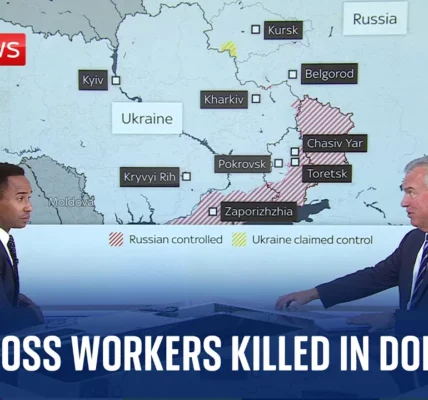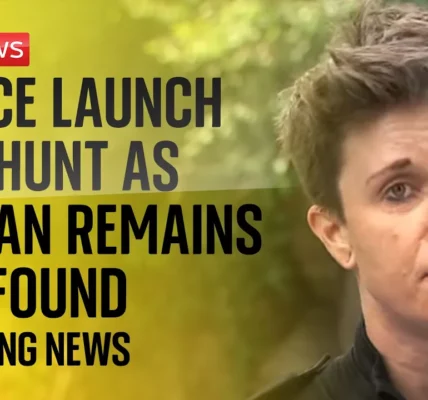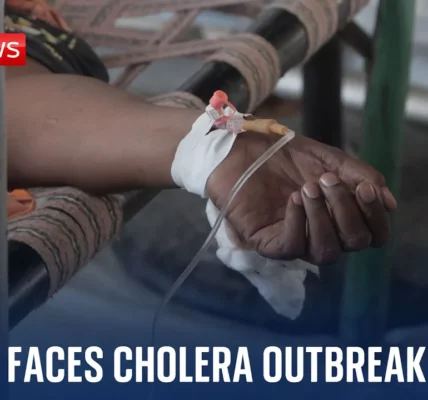The Fight for Fair Compensation: Dea’s Story as an NHS Worker in the COVID-19 Pandemic

Join us as we delve into the inspiring yet challenging journey of Dea, an NHS worker whose life hung in the balance during the COVID-19 pandemic. Her story is not just one of survival but also highlights the ongoing struggle for fair compensation for all frontline workers who risked their lives during one of the most challenging times in healthcare history.
Introduction
In 2021, the world saw an unprecedented fight against the COVID-19 pandemic, with healthcare workers at the forefront of this battle. Among them was Dea, a ward hostess who contracted the virus while delivering food to patients. Her experience not only showcases the physical and emotional toll that the pandemic took on healthcare professionals but also raises crucial questions about compensation and equity within the NHS. As we explore Dea’s story, we uncover the broader issues faced by many workers who were essential to the healthcare system yet overlooked when it came to financial recognition.
Dea’s Battle with COVID-19
Dea’s journey through the pandemic began with her contracting COVID-19 while performing her duties as a ward hostess. Here’s an overview of her experience:
- Initial Infection: Dea was likely exposed to the virus while delivering meals to infected patients, a duty that put her health at significant risk.
- Intensive Care: After contracting COVID-19, Dea found herself in intensive care, where her life hung in the balance.
- Recovery: Following a long and arduous recovery process, Dea was eventually able to return to work, demonstrating resilience and strength.
The Disparity in Compensation
Despite Dea’s heroic efforts, she, alongside many other essential workers, faced a stark reality when it came to financial compensation. In 2022, the NHS awarded a COVID bonus of £1,600 to many healthcare workers, but not all were included. Here we explore this disparity:
Who Was Excluded?
Workers employed under private contracts, like Dea, were often left out of this bonus scheme, raising questions of fairness and equity in treatment:
- Catering staff
- Cleaners
- Porters
Voices of Discontent
Many workers expressed their disappointment at not receiving the bonus. Dea stated, “I’m just lucky I’m alive… it’s just disappointing that we’re not getting the payment.” This sentiment was echoed by her colleagues, further amplifying the urgent need for recognition of their sacrifices.
The Impact of Outsourcing
The ongoing struggle for fair compensation highlights a broader issue within the NHS: the impact of privatization and outsourcing of services. Here are some critical points regarding this situation:
Privatization Concerns
The extent of privatization across the NHS has led to significant disparities in terms of employee benefits and rights:
- Many outsourced workers do not qualify for government benefits.
- There is a growing call for the government to honor its pledge and bring all services back in-house.
Pressure on the Government
Unions like GMB are advocating for change, urging the government to ensure that all workers receive fair treatment, regardless of their employment contracts.
Dea’s Voice and the Collective Struggle
Dea’s experience is not an isolated incident; it reflects a larger movement among healthcare workers advocating for their rights and recognition:
Weekly Protests
At Dea’s hospital in Homon, there are weekly protests organized by healthcare professionals fighting for fair compensation:
- Doctors and nurses have been vocal in their support.
- Hundreds have signed petitions demanding equal treatment for all staff.
The Role of Women in Healthcare
It is noteworthy that many of those affected by the lack of compensation are women, particularly women of color, highlighting issues of gender and racial inequality within the workforce.
Conclusion
Dea’s story is a powerful reminder of the sacrifices made by healthcare workers during the COVID-19 pandemic. While she has fought through her personal battle with the virus, the ongoing struggle for fair compensation remains unresolved. It is crucial that the government acknowledges the contributions of all NHS workers, regardless of their employment status. As we move forward, it is essential to advocate for equity and justice in the healthcare system. Join the conversation and support the movement for fair treatment of all healthcare professionals.
Read more about the struggles of NHS workers and how you can help advocate for their rights.
“`




